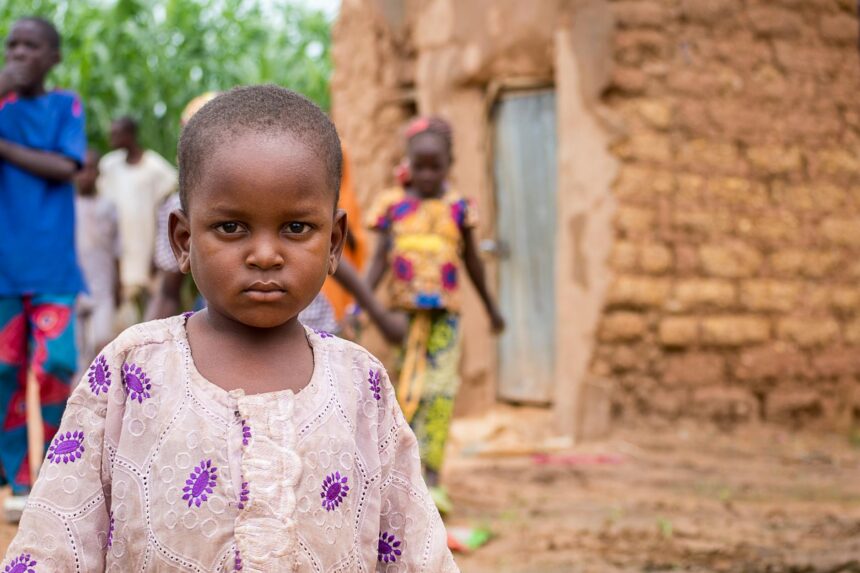Introduction
Childhood trauma can have a profound impact on a person’s life, often leaving a lasting impression that can be difficult to shake. A friend once shared with me a poignant phrase that resonated deeply: ‘It’s like floods follow you.’ This phrase captures the essence of the overwhelming emotions and memories that can resurface, often uninvited, and linger long after the initial trauma has passed. In this article, we’ll delve into the far-reaching effects of childhood trauma, exploring the psychological, emotional, and social implications it can have on individuals.
The Psychological Impact of Childhood Trauma
Childhood trauma can have a significant impact on a person’s mental health, often leading to anxiety, depression, and post-traumatic stress disorder (PTSD). Traumatic experiences can affect the development of the brain, particularly in regions responsible for emotional regulation and memory consolidation. This can result in difficulties in managing emotions, processing memories, and forming healthy relationships.
Emotional Dysregulation
Individuals who have experienced childhood trauma often struggle with emotional dysregulation, which can manifest as intense emotional responses, mood swings, and difficulty coping with stress. This can lead to feelings of overwhelm, anxiety, and depression.
Memory Distortion
Childhood trauma can also distort memory, leading to fragmented or distorted recollections of the traumatic event. This can make it challenging for individuals to process and integrate the experience, often resulting in feelings of guilt, shame, or self-blame.
The Emotional Consequences of Childhood Trauma
Childhood trauma can have a profound impact on emotional development, often leading to difficulties in forming healthy emotional bonds with others. Individuals may struggle with intimacy, trust issues, and difficulty regulating their emotions.
Emotional Numbing
As a coping mechanism, individuals who have experienced childhood trauma may develop emotional numbing, which can lead to feelings of detachment, apathy, or a sense of emotional void.
Fear and Anxiety
Childhood trauma can also instill fear and anxiety, often in response to specific triggers or situations that remind them of the traumatic experience.
The Social Impact of Childhood Trauma
Childhood trauma can have significant social implications, often affecting an individual’s ability to form and maintain healthy relationships.
Social Withdrawal
Individuals who have experienced childhood trauma may withdraw from social interactions or avoid relationships altogether, fearing rejection, abandonment, or further trauma.
Social Isolation
Childhood trauma can also lead to social isolation, as individuals may find it challenging to connect with others or form meaningful relationships.
Conclusion
Childhood trauma can have a lasting impact on a person’s life, often leaving a trail of emotional, psychological, and social consequences in its wake. By understanding the complex effects of childhood trauma, we can begin to address the needs of those affected and work towards healing and recovery. It’s essential to acknowledge the devastating impact of childhood trauma and provide support and resources to those who have experienced it.










